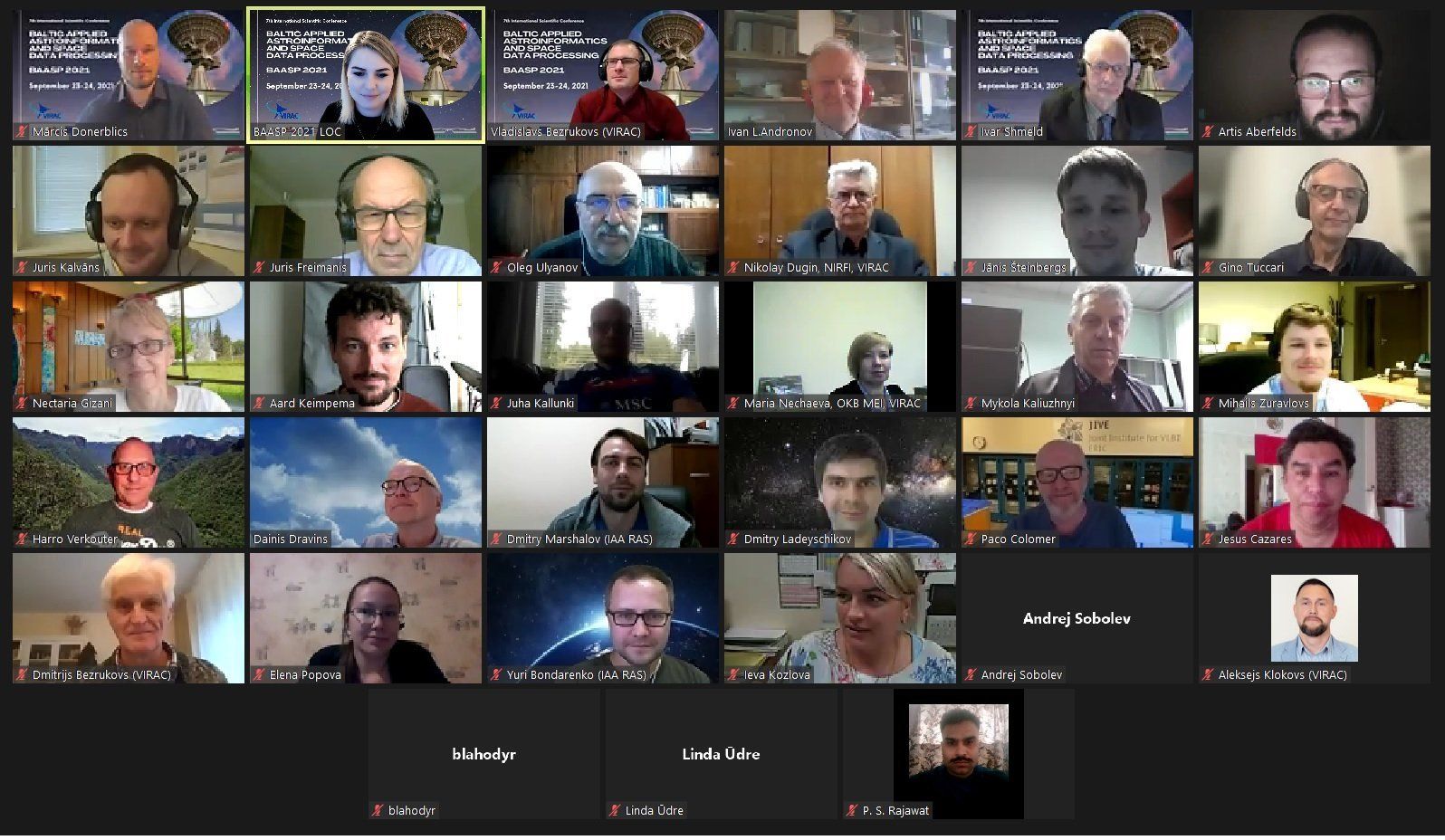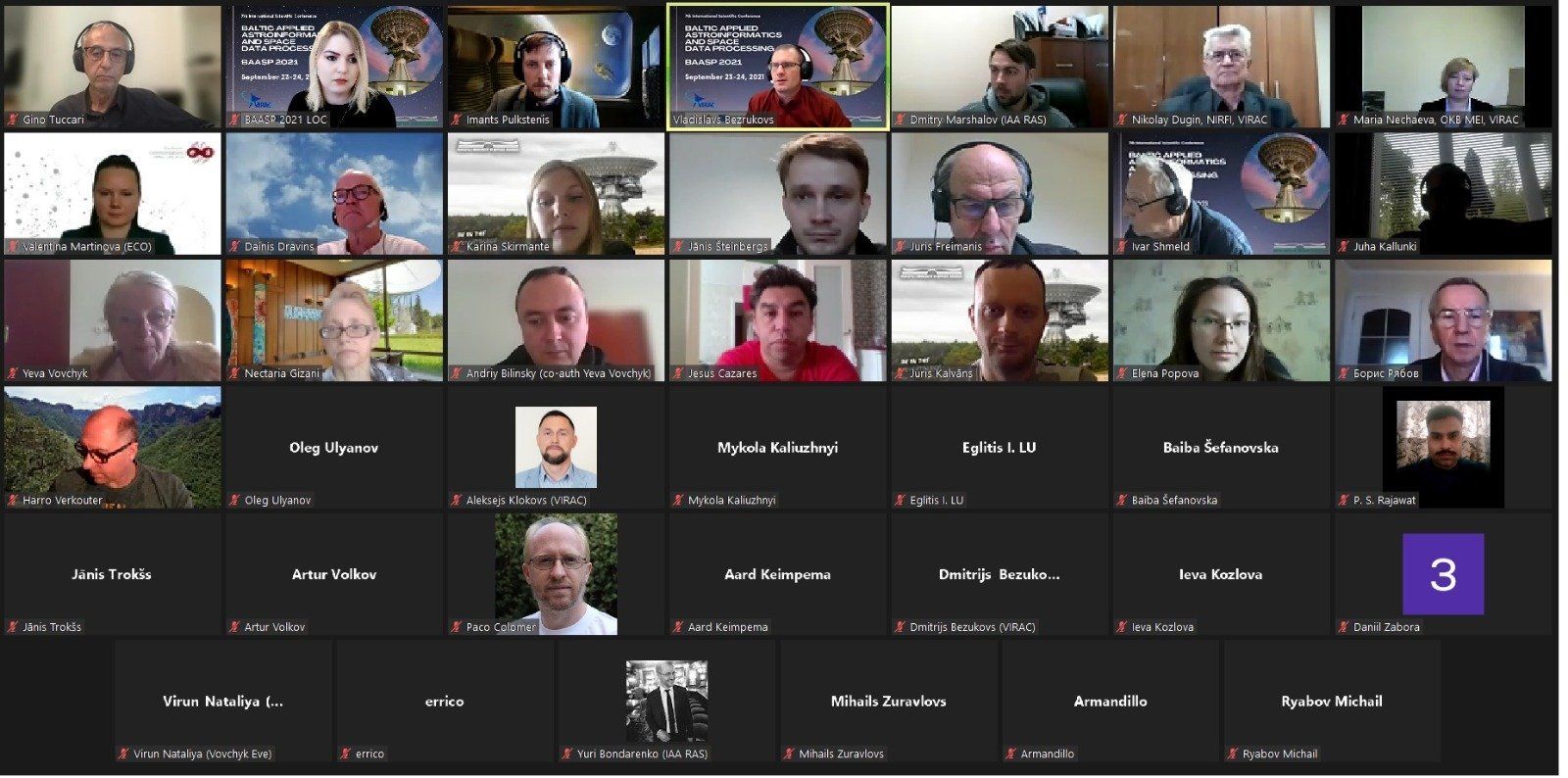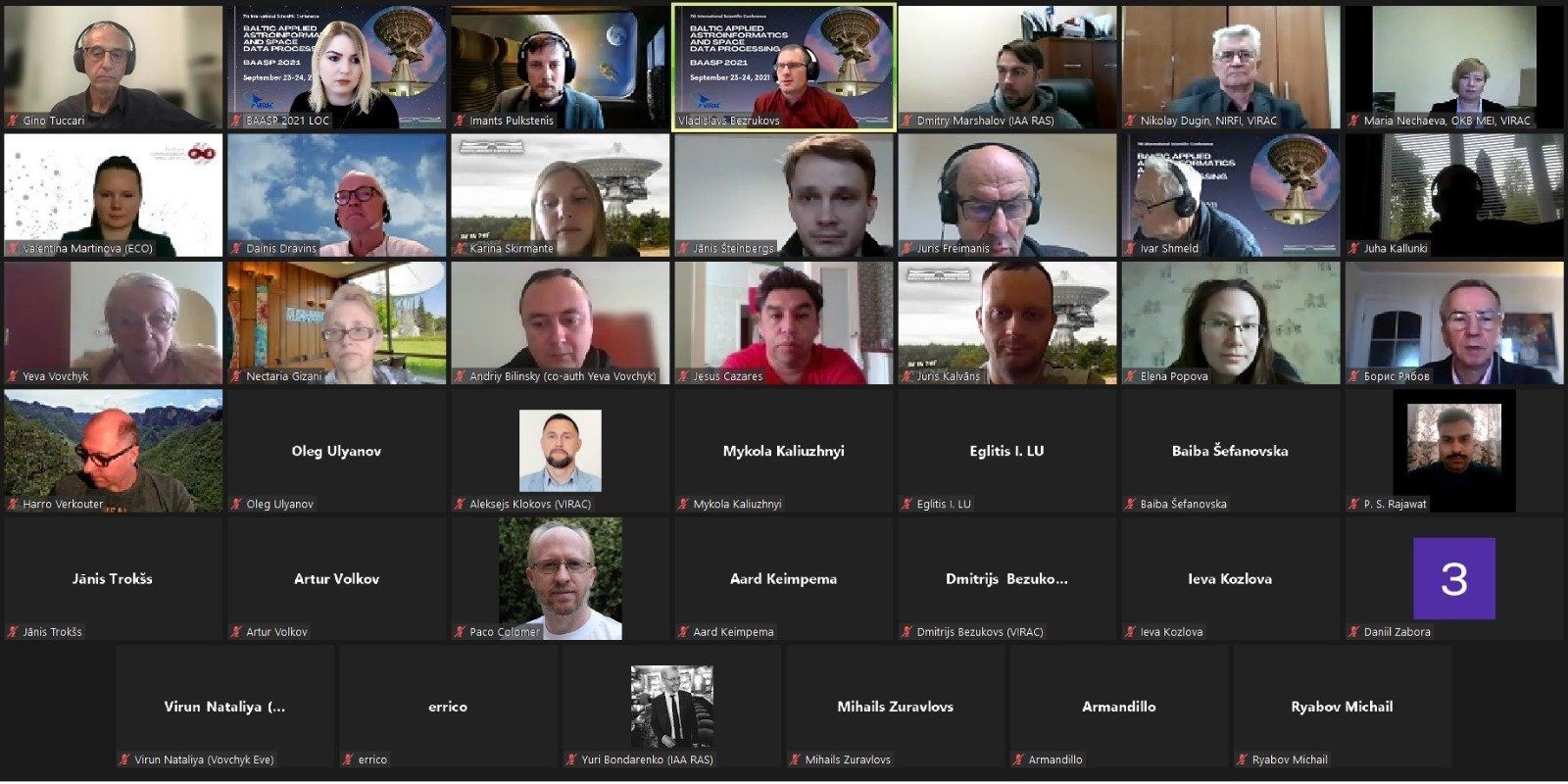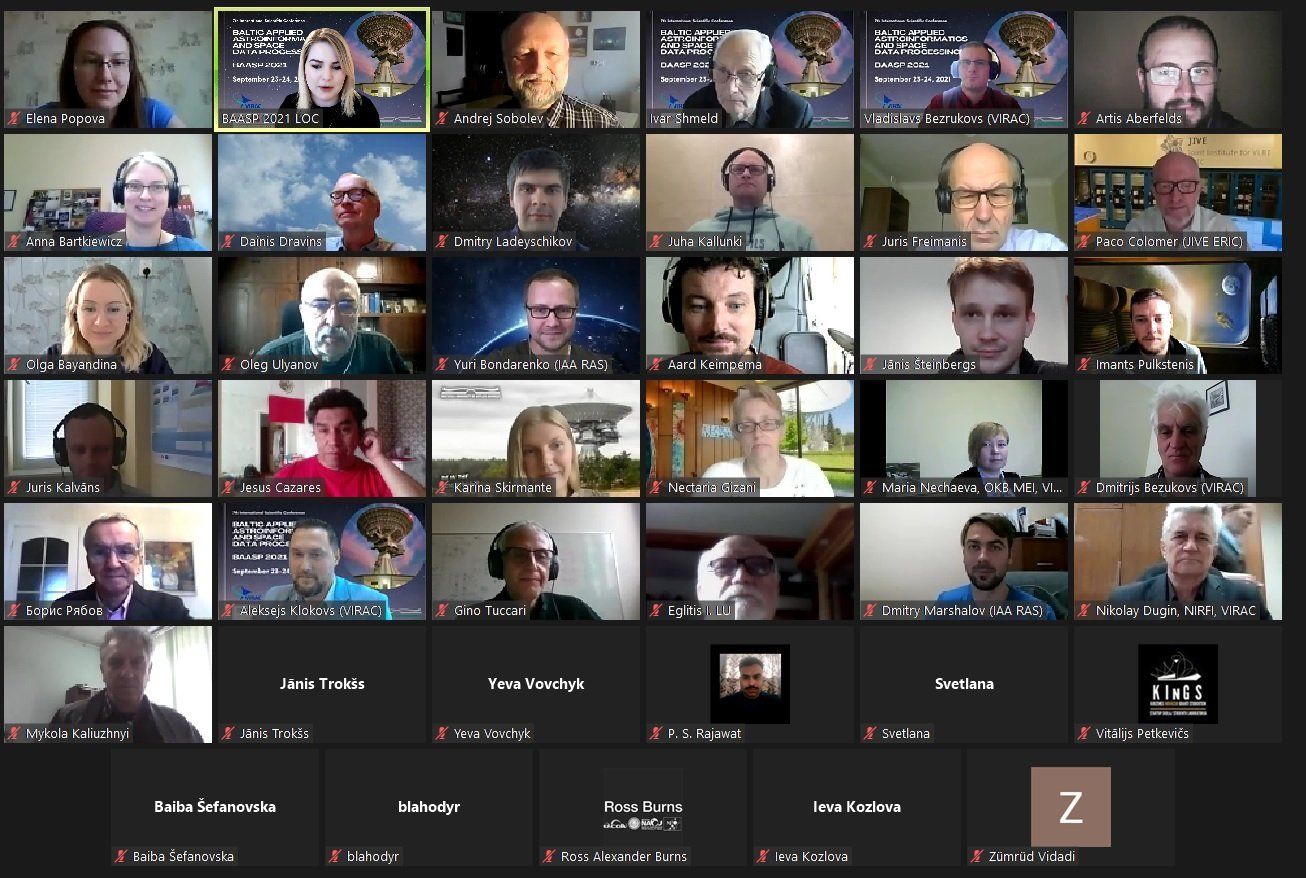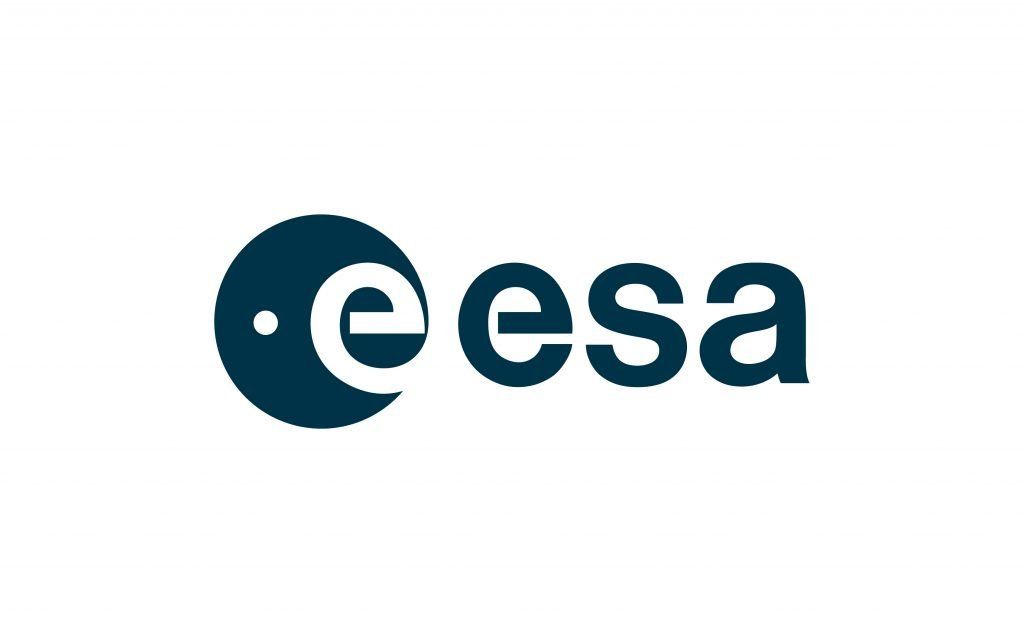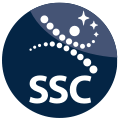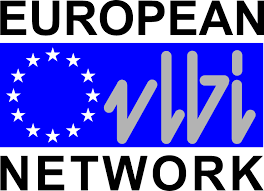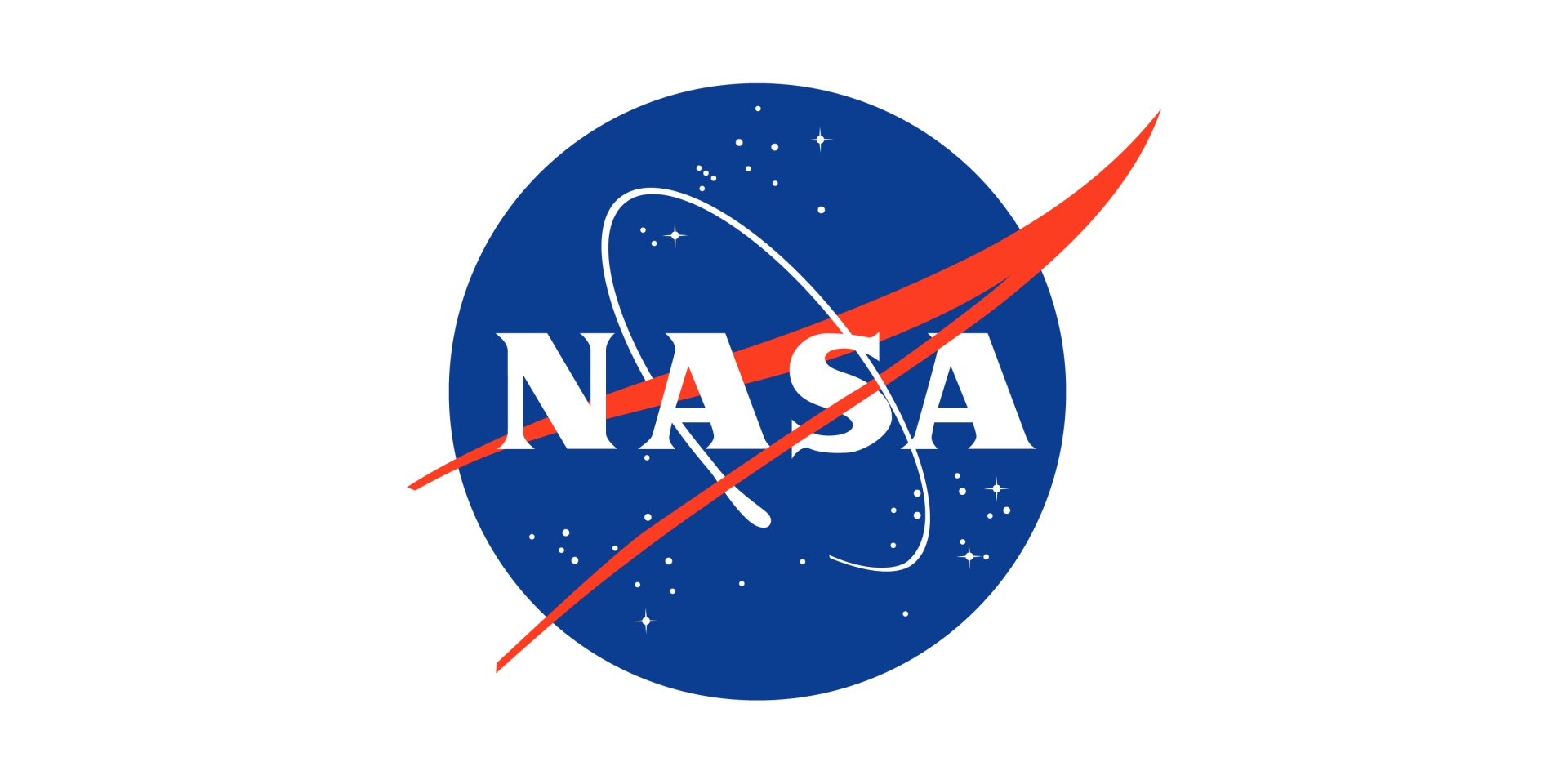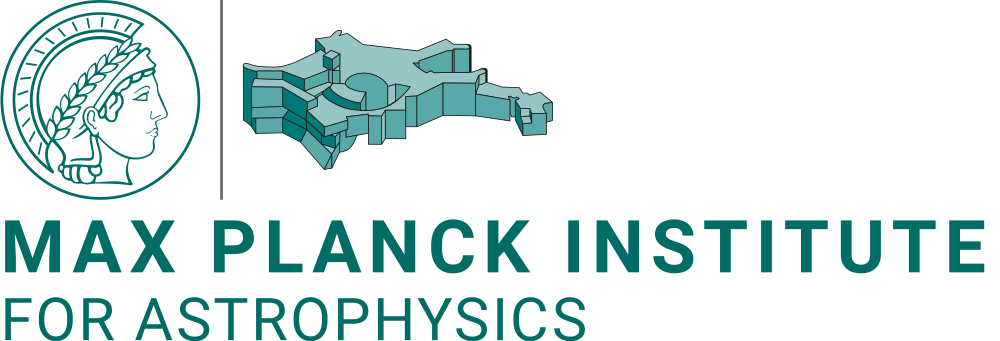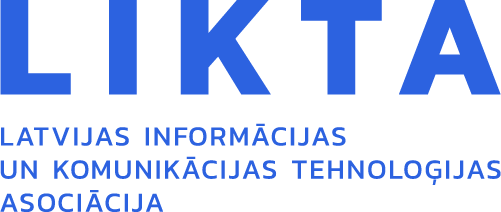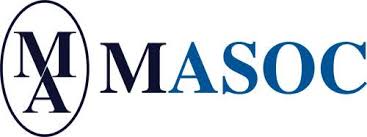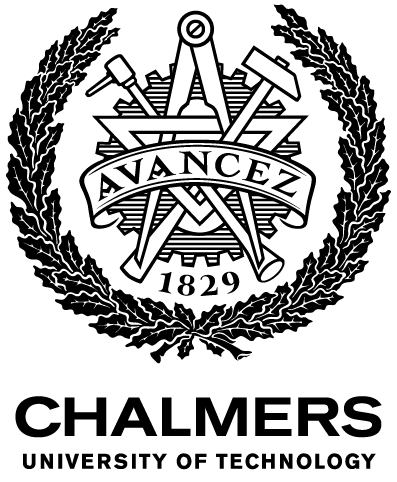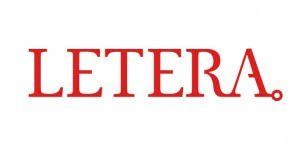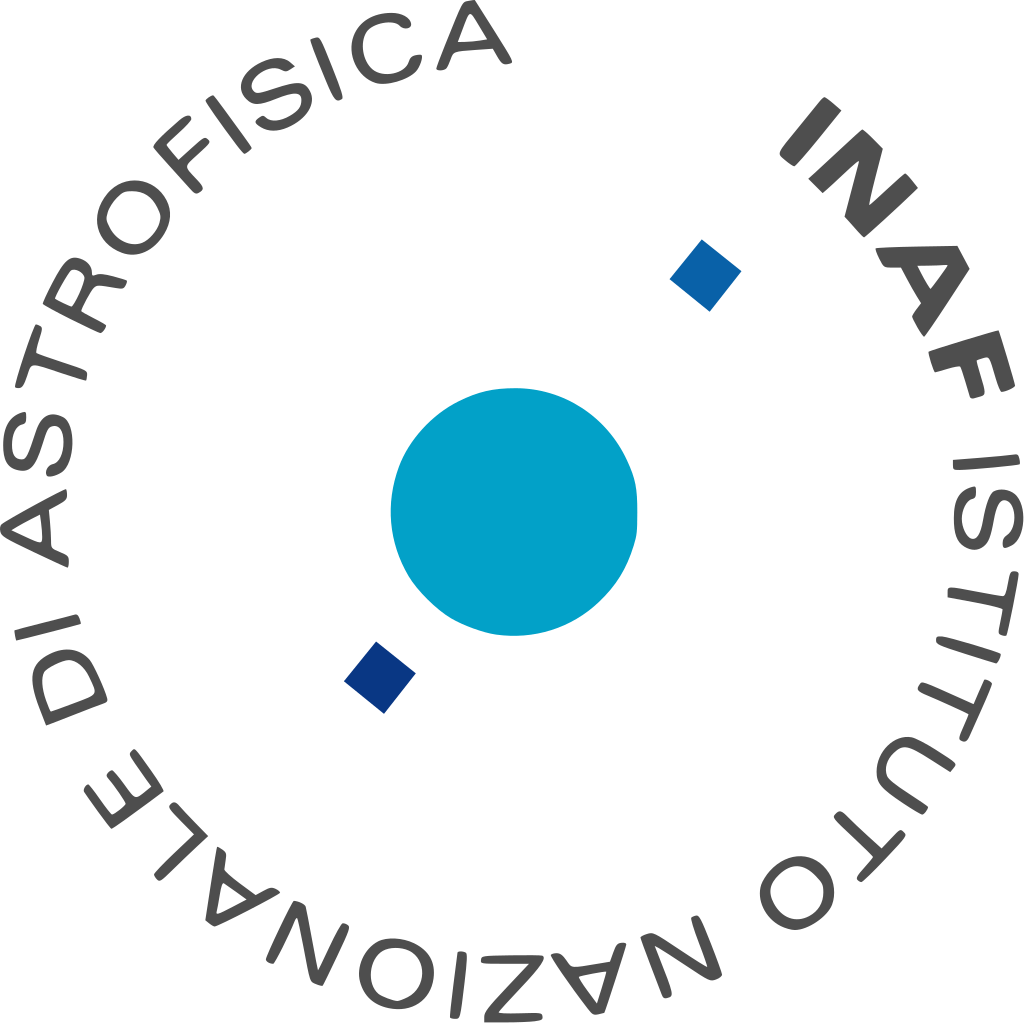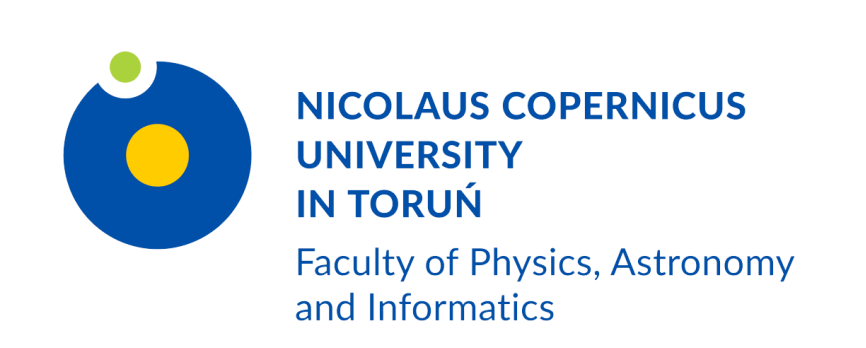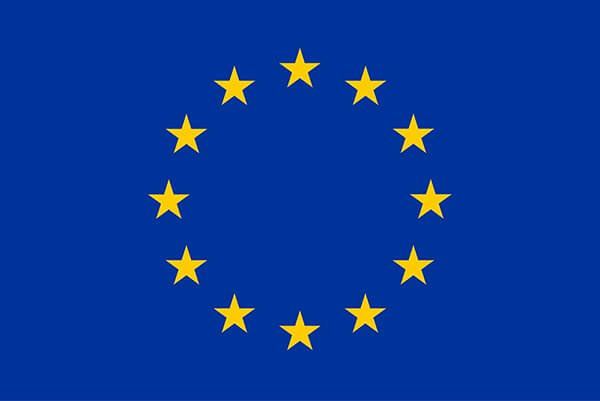This web page is created within BALTICS project funded from the European Union’s Horizon2020 Research and Innovation Programme under grant agreement No.692257.
The international conference BAASP 2021 has ended
October 11, 2021

From September 23 to 24, Engineering Research Institute “Ventspils International Radio Astronomy Centre” (ERI VIRAC) of Ventspils University of Applied Sciences organized the seventh international conference „Baltic Applied Astroinformatics and Space data Processing” (BAASP 2021).
BAASP 2021 is both a business and scientific conference in the Baltic region, which will be attended by scientists from Latvia, Russia, Ukraine, Finland, Poland, Sweden, the Netherlands, Italy, Egypt, India and Greece. The conference will discuss current issues in astrophysics, space research related issues in information and data processing, including those related to the observations of natural and artificial objects in near-Earth space. Part of the presentations will also be devoted to the modernization and improvement of astronomical and radio astronomical instruments.
Due to the existing epidemiological restrictions, BAASP 2021 took place online using the Zoom platform. During the conference, 38 reports were presented, including 32 presentations and 6 online posters. 117 participants have used the opportunity to register for the conference. As the conference was organized over two days, the total number of participants was different for each day, for example, on September 23 it was 63 participants, while on September 24 - 60 participants. Interestingly, thanks to the opportunity to participate in the conference remotely, a significant number of participants from very distant countries, such as Japan and India, and even from relatively close countries, such as Greece and the Netherlands participated.
It should also be noted that BAASP 2021 not only provided an opportunity to get acquainted with the reports (published presentations of participants' reports can also be found on the ERI VIRAC website - here), but also, it provided an opportunity for its participants to establish new cooperation opportunities. For example, Vladislavs Bezrukovs, leading researcher of ERI VIRAC and Vice Chairman of BAASP 2021 Organizing Committee, pointed out that thanks to the conference Ventspils University of Applied Sciences researchers were able to show their new scientific results in radio astronomy and astronomy, show the development of VIRAC infrastructure of the last years. It was interesting to hear what discoveries were made by researchers from other institutes and observatories around the world, with which we have been cooperating for several decades. For example, the conference was attended by representatives of the JIVE Institute (Netherlands), Lund Observatory (Sweden), Odessa Astronomical Observatory and the Institute of Radio Astronomy of the National Academy of Sciences of Ukraine (Ukraine) and in Nizhny Novgorod based Radiophysical Research Institute (Russia). The presenters were impressed by the adaptation of old Ukrainian and Greek telecommunications antennas to radio astronomical tasks, as well as the involvement of several thousand Indian students in astronomical data processing and asteroid exploration (reporter from the Rajasthan Government’s Department of Science and Technology). During the conference, discussions were held on the possibility of using artificial intelligence to process radio astronomical data. The reports read in the conference in the form of a presentation will be available on the conference website.
The conference participants were offered a unique opportunity to participate in a virtual tour of VIRAC radio telescopes, and within the virtual tour even climb to the highest point of the RT-32 radio telescope – the platform of the primary focus of the antenna – at a height of more than 50 m, as well as visit the underground tunnels abandoned by the Red Army in the area of the surveillance base and, even going back in time, to track how radio telescopes have changed (approximately) over the last 10 years of modernization.
In addition, the conference participants received souvenirs developed within the conference - Report Summary Brochure (the content of the Report Summary Brochure is available on the ERI VIRAC website - here.) And a Photo Frame containing ERI VIRAC RT-32 image (see below), as well as conference participation certificate.
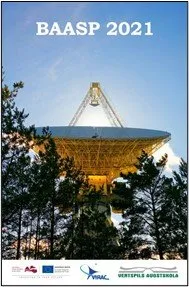
Scientific articles based on the reports of the conference will be published in the “Latvian Journal of Physics and Technical Sciences” and “Astronomical and Astrophysical Transactions” (AApTr).
The total cost of the project “Support for Preparation of Ventspils University of Applied Sciences International Cooperation Projects in Research and Innovations (ATVASE)” (project No. 1.1.1.5/18/I/009) is 262 751.76 euros and the planned amount of the European Regional Development Fund is 85.00 % of eligible expenses – 223 339.00 euros, and the amount of state funding is 15% of eligible expenses – 39 412.76 euros.
